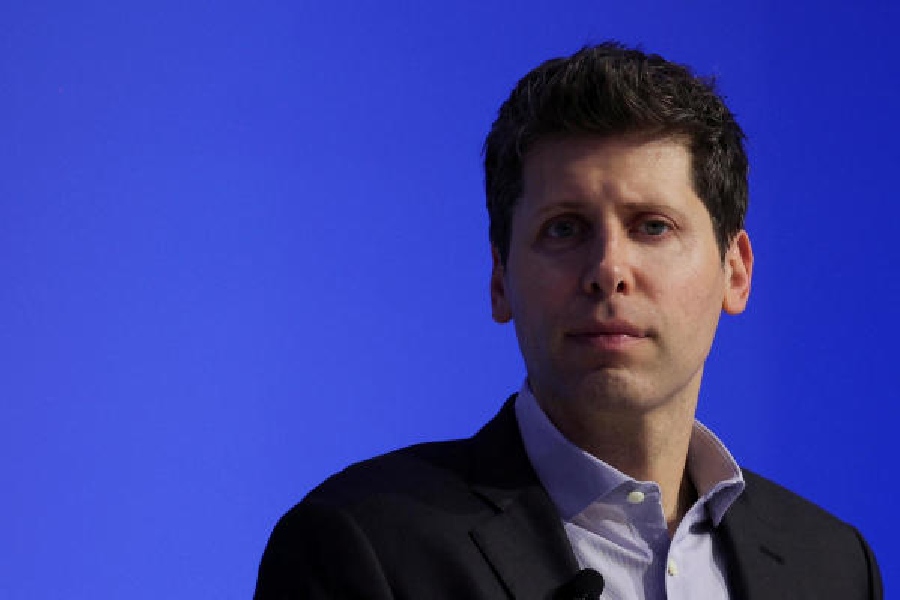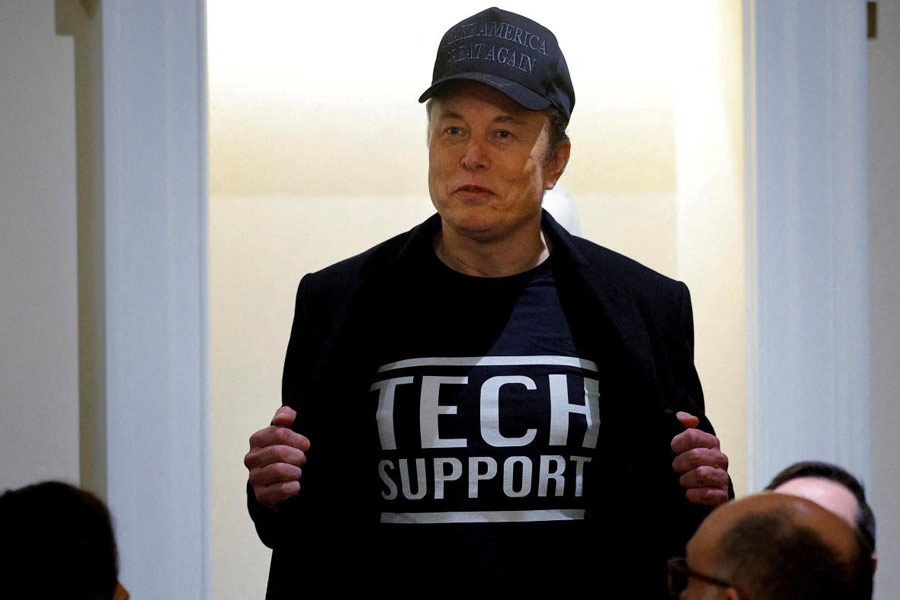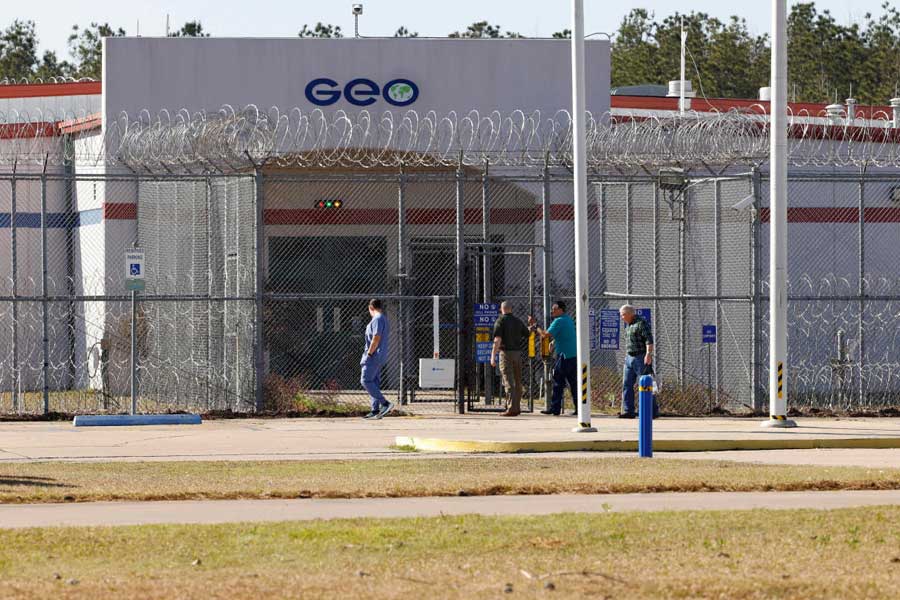OpenAI said on Tuesday that it has begun training a new flagship artificial intelligence model that would succeed the GPT-4 technology that drives its popular online chatbot, ChatGPT.
The San Francisco start-up, which is one of the world’s leading AI companies, said in a blog post that it expects the new model to bring “the next level of capabilities” as it strives to build “artificial general intelligence”, or AGI, a machine that can do anything the human brain can do. The new model would be an engine for AI products including chatbots, digital assistants akin to Apple’s Siri, search engines and image generators.
OpenAI also said it was creating a new Safety and Security Committee to explore how it should handle the risks posed by the new model and future technologies. “While we are proud to build and release models that are industry-leading on both capabilities and safety, we welcome a robust debate at this important moment,” the company said.
OpenAI is aiming to move AI technology forward faster than its rivals, while also appeasing critics who say the technology is becoming increasingly dangerous, helping to spread disinformation, replace jobs and even threaten humanity. Experts disagree on when tech companies will reach artificial general intelligence, but companies including OpenAI, Google, Meta and Microsoft have steadily increased the power of AI technologies.
OpenAI’s GPT-4, which was released in March 2023, enables chatbots and other software apps to answer questions, write emails, generate term papers and analyse data. An updated version of the technology, which was unveiled this month and is not yet widely available, can also generate images and respond to questions and commands in a highly conversational voice.
Days after OpenAI showed the updated version — called GPT-4o — the actress Scarlett Johansson said it used a voice that sounded “eerily similar to mine”. She said she had declined efforts by OpenAI’s chief executive, Sam Altman, to licence her voice for the product and that she had hired a lawyer and asked OpenAI to stop using the voice. The company said that the voice was not Johansson’s.
Technologies like GPT-4o learn their skills by analysing vast amounts of data digital, including sounds, photos, videos, Wikipedia articles, books and news stories. The New York Times sued OpenAI and Microsoft in December, claiming copyright infringement of news content related to AI systems. Digital “training” of AI models can take months or even years. Once the training is completed, AI companies typically spend several more months testing the technology and fine tuning it for public use.










